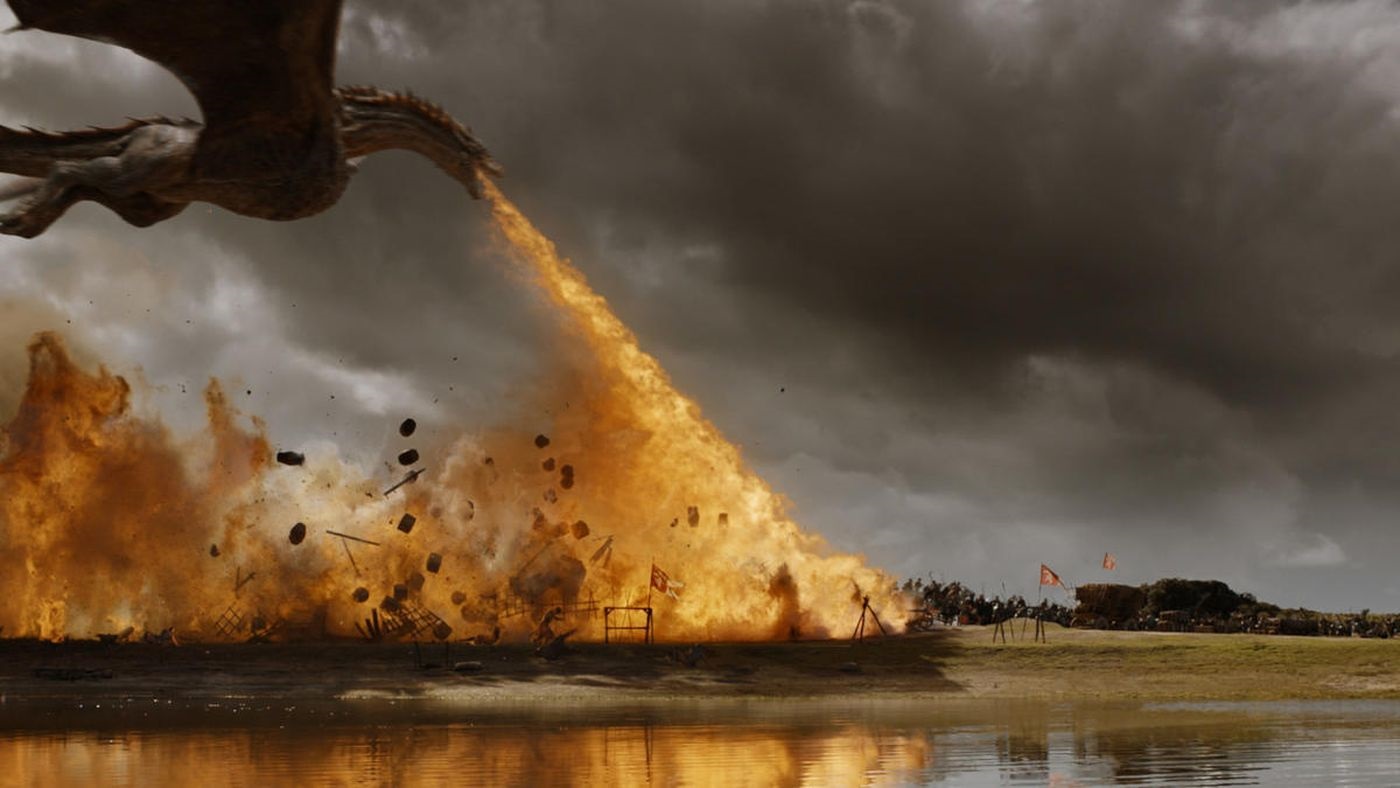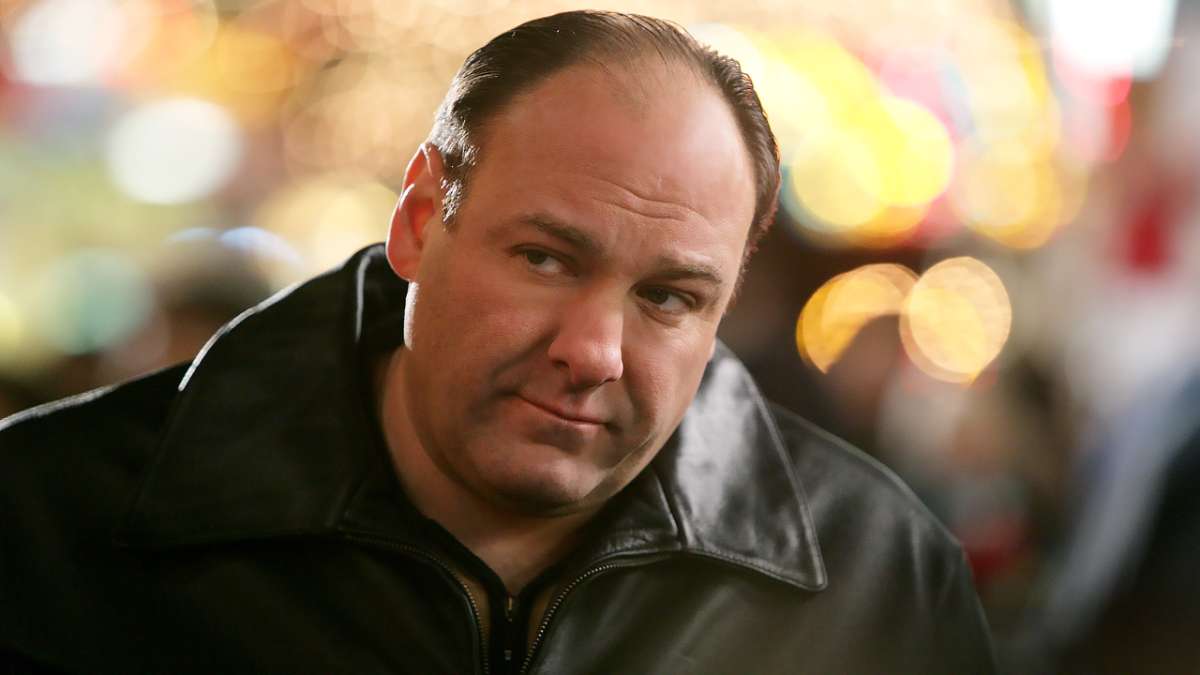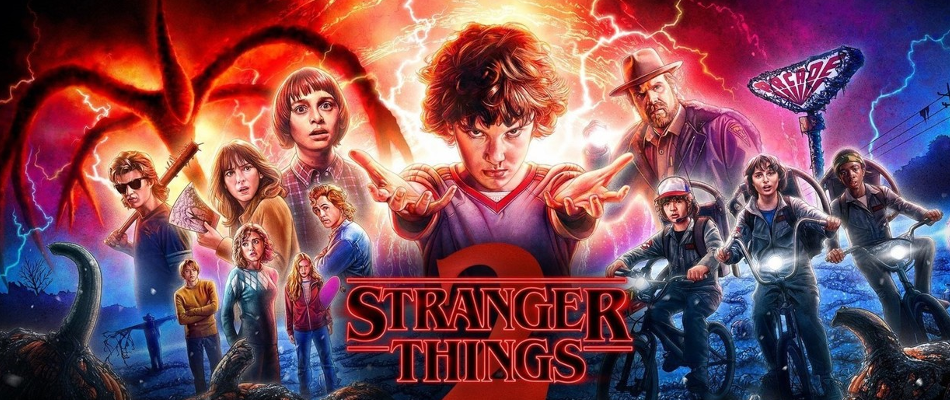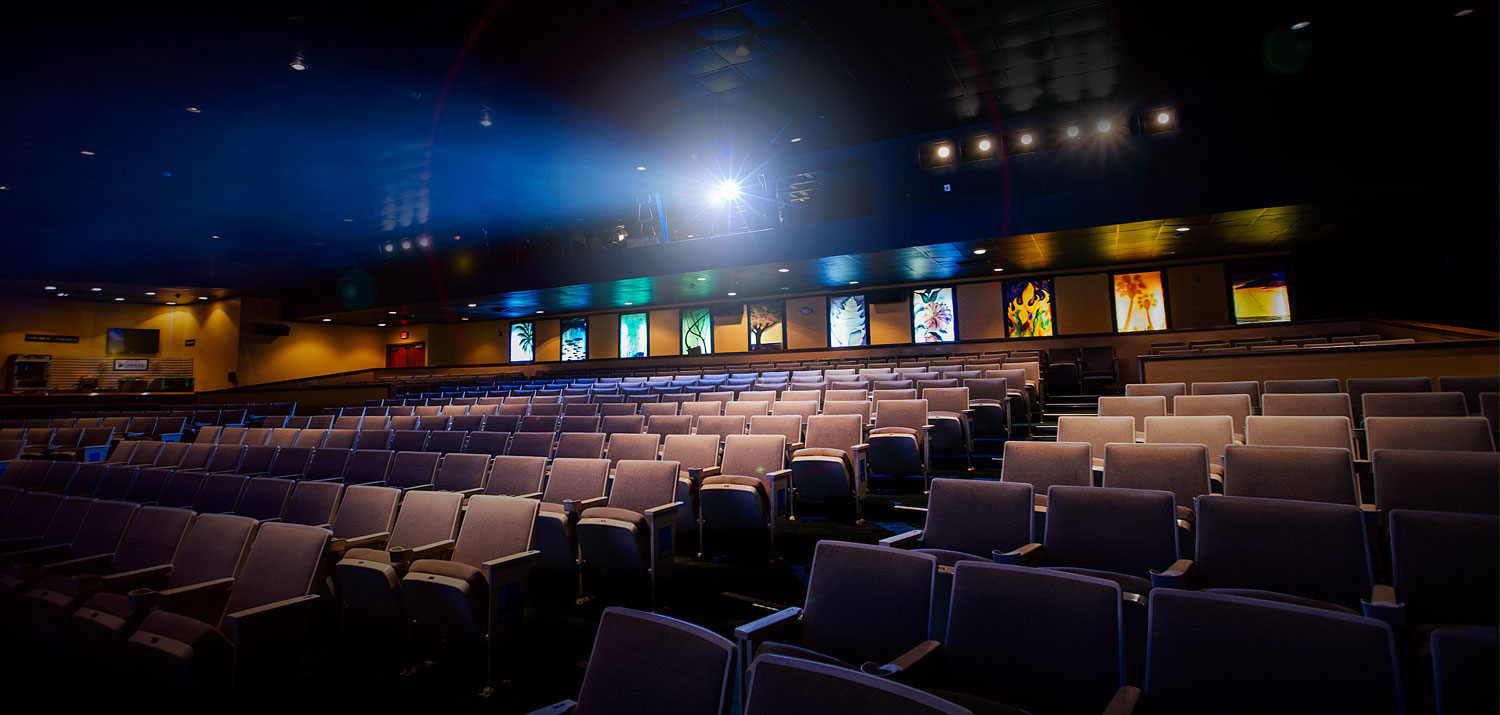First debuting in 1888 with Roundhay Garden Scene, film has been dazzling audiences for 130 years. Its younger sibling Television wouldn’t come along until the late 1920’s, but pretty much from the 1940’s on, these beacons of entertainment have been in competition with each other. Historically, film has always receive more glamor and acclaim, but in the last decade or so, we’ve experienced what many call “The Golden Age of Television”. Due to bigger budgets, wider availability of visual effects, and networks like HBO and Netflix, TV series have become much more cinematic than they ever used to be. And with that, the next stage of the Film/TV rivalry unfolds.
1. Budget/Effects
Both films and series cost an incredible amount of money to produce. But they also have the potential to make even more via tickets sales and ad revenue. TV has certainly come a long way with its effects since the unofficial golden age began, but they have to split their multimillion dollar budget over an entire season, while a film can use it all on just a single two hour presentation. Because of this, CGI and other effects tend to look better in film. There’s also a time limitation that TV is more susceptible to. Because a series needs to pump out many episodes per year, they need to be completed much faster. This can result is rushed effects, and the need to shoot everything in a studio, while films have luxury and time to shoot on location, to convey a sense of realism.
Winner – Film

2. Story/Character Arcs
Film has always been able to convey brilliant storylines, even though it’s only limited to a few hours at most. Film franchises like Star Wars or the Marvel Cinematic Universe have excelled at telling extended stories with characters growing over time. And while this is unusual in the world of cinema, long form storytelling has been the bread and butter of TV series for years. From comedies like The Office and Parks and Rec, to dramas like Breaking Bad and Mad Men, to fantasy/horror like Game of Thrones and The Walking Dead, audiences have watched characters develop and grow season after season.
This is much more representative of real life, as we feel like we are sharing each year with the characters themselves. This can have a drawback however. In cases like The Walking Dead, a series can drag on for too long and each season can feel incredibly repetitive of the last. To be fair, sequels have been doing the same thing in film for decades. Despite this however, TV series still dominate at the art of long form stories.
Winner – Television

3. Star Power
Historically, the distinction between TV and movie stars was much stronger. But in recent years, especially with miniseries by HBO, Showtime and Netflix, we’re beginning to see that line blurred. Famously, Thomas Jane turned down the role of Don Draper in Mad Men because he refused to do TV. Which backfired when it shot Jon Hamm into stardom, and Jane wound up on TV anyway, starring in Hung. We’re seeing stars known traditionally for film appearing in TV series, like Reese Witherspoon and Nicole Kidman in HBO’s Big Little Lies.
And we’re also seeing stars from AMC shows like Bryan Cranston in Trumbo and Jon Hamm in The Town. Despite this crossover however, it’s still very rare to see the very top of the A-list doing Television. We’ve yet to see people like Robert Downy Jr., Chris Hemsworth, Tom Cruise, Will Smith, or Meryl Streep starring in a TV series. This is because usually the actors go from TV to film, and only tend to go back when their star power begins to fade.
Winner – Film

4. Convenience
Initially when TV first debuted, film studios feared that it would be end of cinema as we know it. The same fears circulated in the 80’s when VHS became popular, and again in the 2000’s when instant streaming emerged. And while films are readily available for home consumption, people still flock to movie theaters, especially as they entice customers with reclining seats and restaurant like service. Theaters are also the only place to see the newest films when they are first released (unless of course you pirate them, which we at Dork Daily do not encourage or endorse). But brand new episodes of TV can be enjoyed from the comfort of one’s home, and it’s because of that that TV wins this round.
Winner – Television

5. Quality of Writing
This category is rather difficult to assess, because honestly quality will vary in both mediums. But there’s a unique phenomenon present in many TV series: a very high quality first season, followed by an immediate drop in quality for the next season(s). Perhaps there is no better example of this than NBC’s Heroes. It was quite clear that a great deal of time and effort had been put into writing the first season. It had drama, brilliant character arcs, and a storyline that weaved itself and wrapped up perfectly in the season finale. The same can’t be said for the seasons that followed. Mostly because at that point, the writers only had a matter of months from ending Season 1 to putting out Season 2. And therein lies the problem.

Film on the other hand, always has that time to prepare. Even when a sequel gets made, the timeline is much longer than that of a TV season. It also should be noted that the entire genre of four camera sitcoms is incredibly formulaic. Not to suggest that films aren’t just as guilty. But formulaic films rarely win awards like Golden Globes or even Oscars. Yet generic sitcoms like Friends and The Big Bang Theory manage to win Emmys, suggesting that the bar for TV excellence is lower than in film. As is the overall quality of writing.
Winner – Film
Overall Winner – Film 3-2





